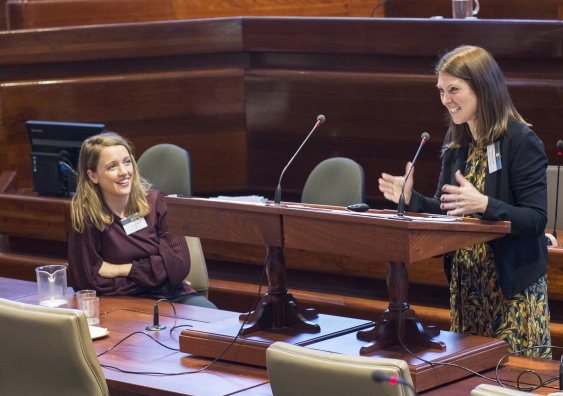FLIPstream team thinks beyond jargon to ask: how will technology change law?
Terms like 'artificial intelligence' are bandied about frequently, but a research group at UNSW Law is exploring what impact this kind of technology will really have on the legal profession.


